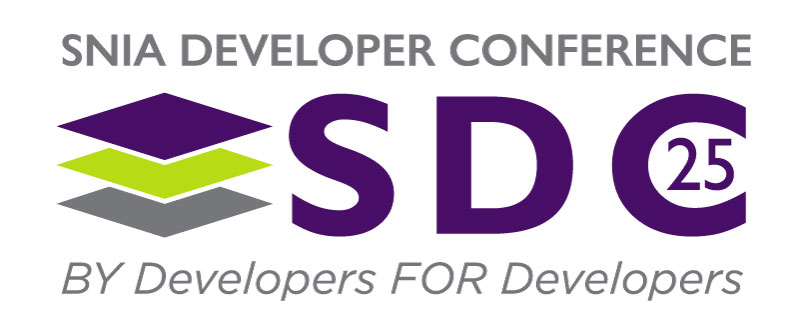The Open Programmable Infrastructure (or OPI) is an open-source effort within the Linux Foundation to develop a standard API for utilizing SmartNICs, DPUs and IPUs, and other coprocessors or processing elements. It will allow users to provision and orchestrate all devices in the same way, thus allowing them to handle many different devices, implement new devices, and change or replace devices without learning a new command structure. It will also allow manufacturers to create a standard API, deliver new or upgraded devices faster, and benefit from a large ecosystem. It makes learning curves for new devices shorter and implementation or software errors easier to find. It opens new markets for devices and eliminates concerns over one-of-a-kind implementations. This session will explore the goals and progress that the OPI project has undertaken. DPUs have many different use cases implemented by many different vendors. Our goal is to define a common framework for all of these devices to meet those use cases: This includes Infrastructure/ workload isolation, Security, Network offload and acceleration, and Storage offload and acceleration. Over the last year since OPI joined the Linux foundation we have welcomed 14 member companies to our project spanning the landscape from vendors, to integrators, to test infrastructure vendors, end users, as well as operating system and ISV vendors. We have sought to create common provisioning and lifecycle management frameworks, defined APIs for the management of these devices to meet the most common use cases we have researched from end users, and developed a developer platform and lab to test and explore these common frameworks. Come listen to industry experts as we explore the DPU/IPU ecosystem and the OPI project’s progress toward a common set of frameworks, and how these assist end users with ease of deployment, lowers the total cost of development and ownership, and thus provides for broader adoption of this new class of devices.
Open Programmable Infrastructure Project Introduction: How we can Together Implement DPU/IPU Infrastructure Across all Vendors
Joseph White
Dell
Abstract
Learning Objectives
- Understand the OPI Linux Foundation Project, it's structure and work areas
- Understand DPU Lifecycle and Provisioning plus APIs
- Learn how to get involved in OPI
Related Sessions
